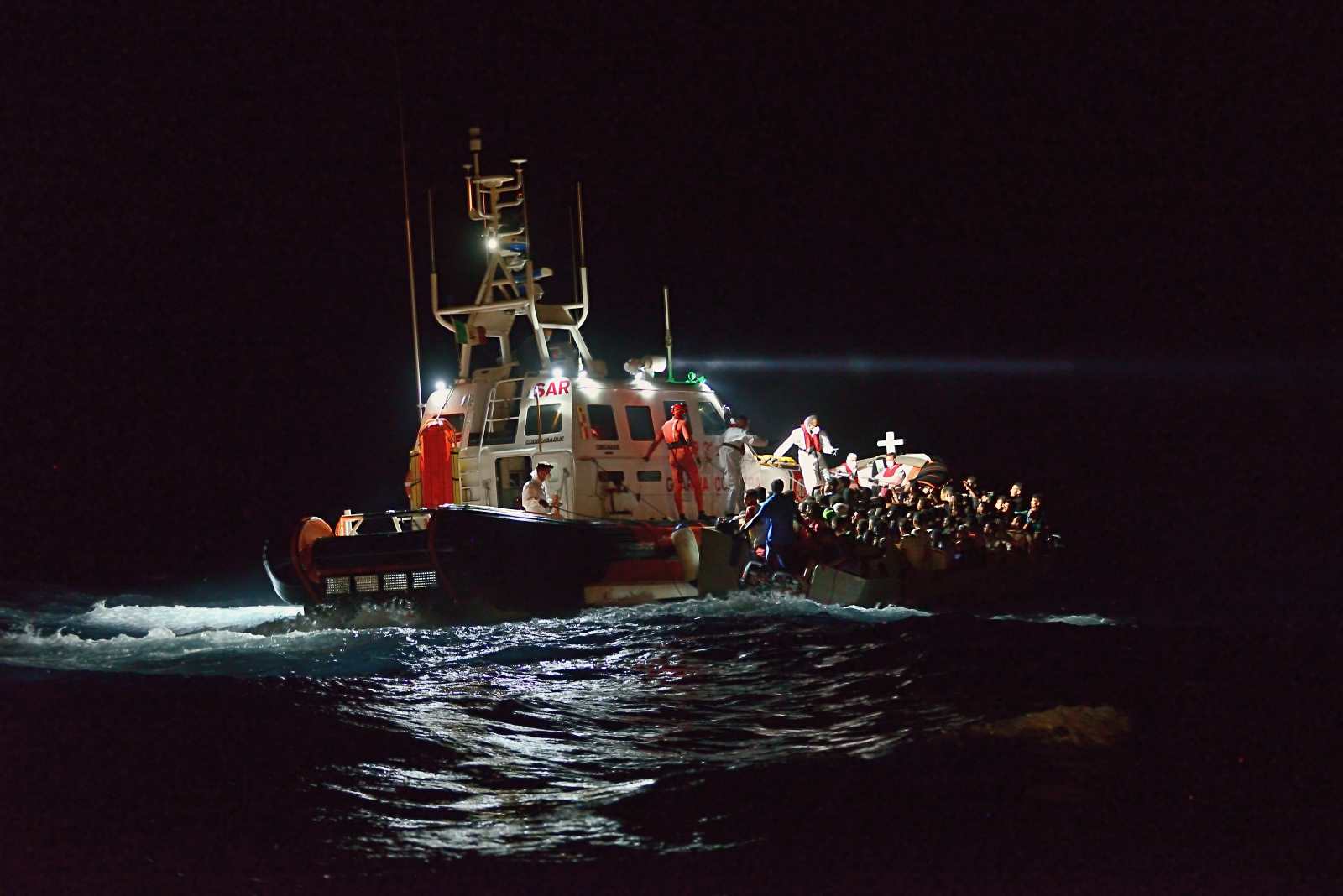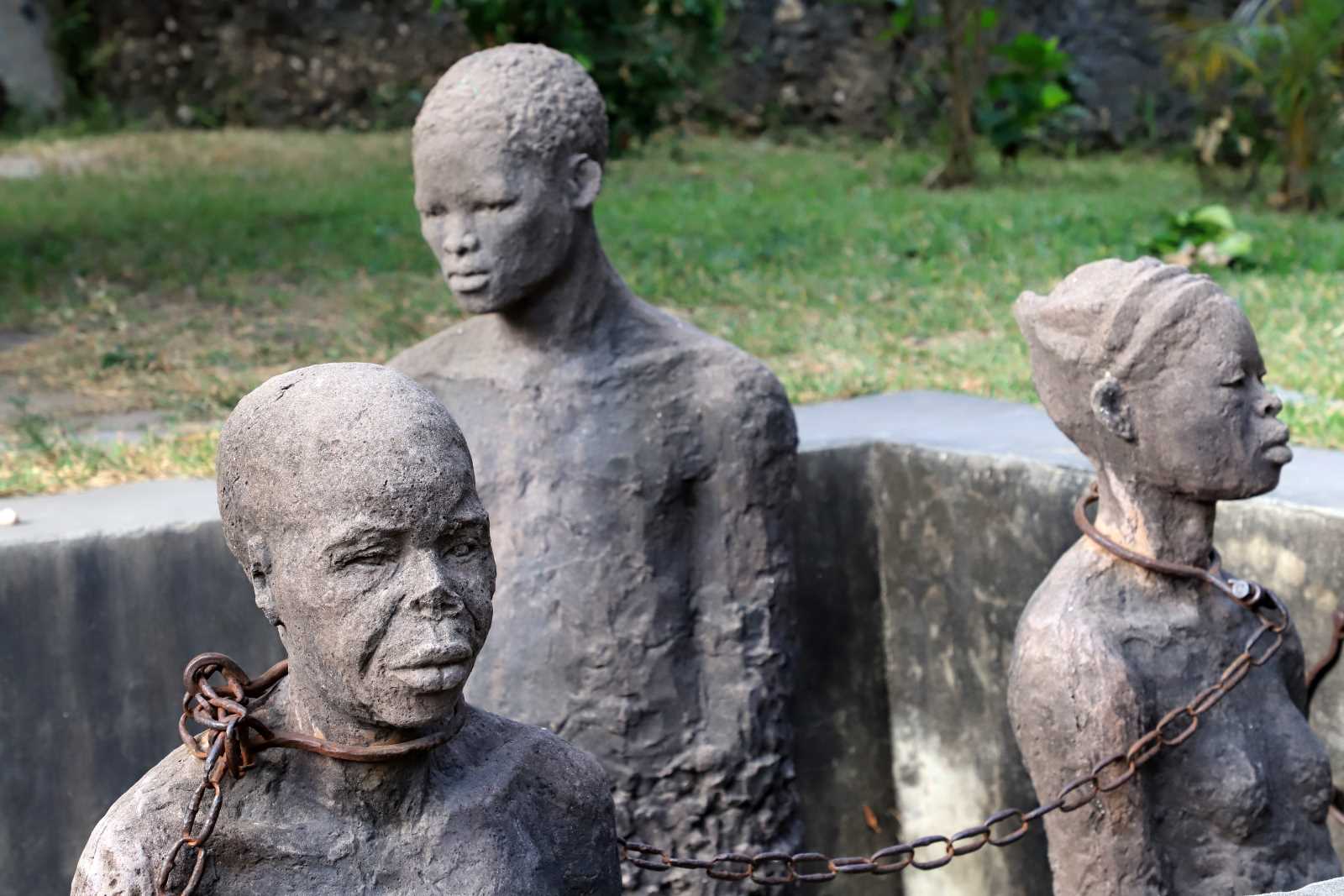European Union
Legally guaranteed protection for refugees in the EU

If they lack required documents, people from third countries are generally not allowed to enter the EU. But that does not mean that they have no rights at all. Border protection must comply with international law and meet minimum standards. At sea, for example, operations must be in line with both international and European law.
Non-refoulement
International law includes the International Law of the Sea and the Geneva Conventions. Article 33 of the Geneva Refugee Convention spells out the principle of non-refoulement. In simple terms, this means that no person may be sent back against his or her will to a country where he or she faces persecution.
European law includes the EU Charter of Fundamental Rights. Every EU institution and every member state is bound by it. It protects non-EU citizens when they are confronted with authorities of the EU or its member states.
The European Convention on Human Rights is an international treaty. It does not only apply to the EU, but requires all 46 member states of the Council of Europe to observe minimum human-rights standards in dealings with all persons subject to their jurisdiction.
Even beyond the EU and the Council of Europe, European task forces cannot simply ignore human rights. The treaties generally have extraterritorial effect.
In theory at least, these agreements and charters create a seamless protective space for all persons and all places where “European authority” is exercised.
Nevertheless, the treatment of refugees by individual EU states can violate fundamental human rights, for example when countries bordering the Mediterranean keep refugees off their shores by disproportionate means or when refugees are detained in inhumane conditions (see main article).
Oliver Harry Gerson is a research associate at the Chair of German, European and International Criminal Law at the University of Passau.
oliver.gerson@uni-passau.de















